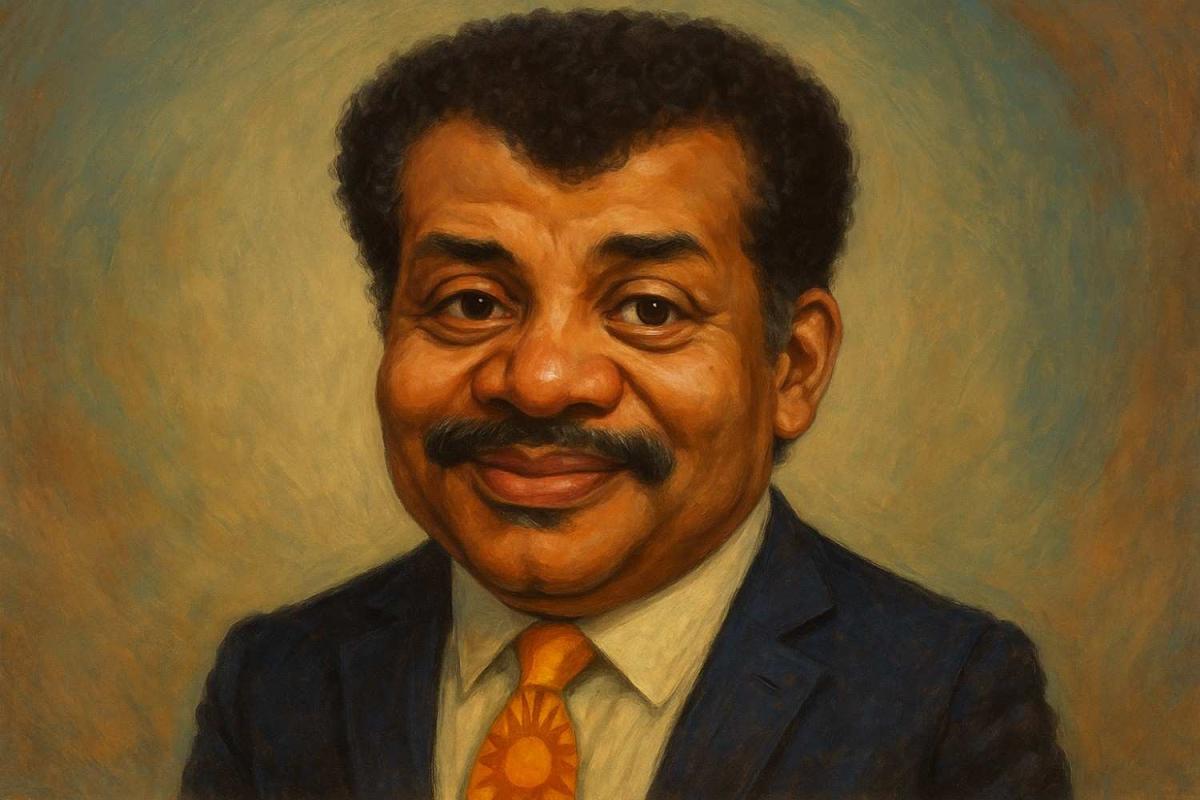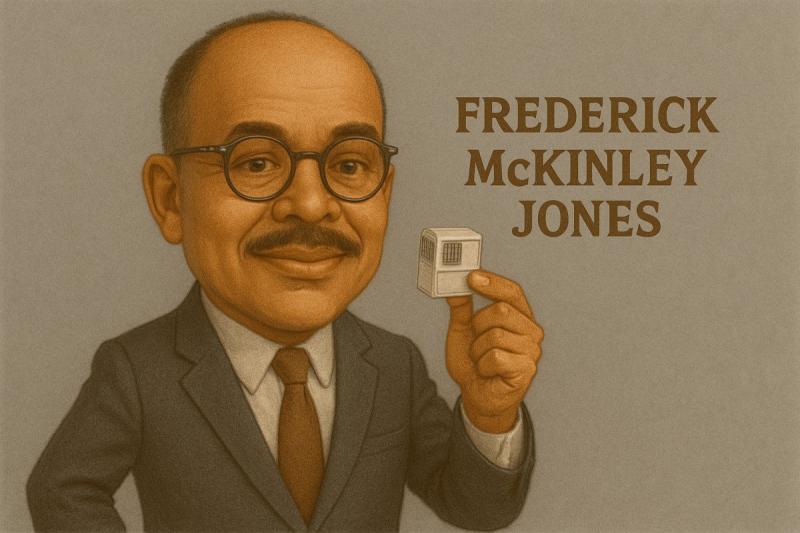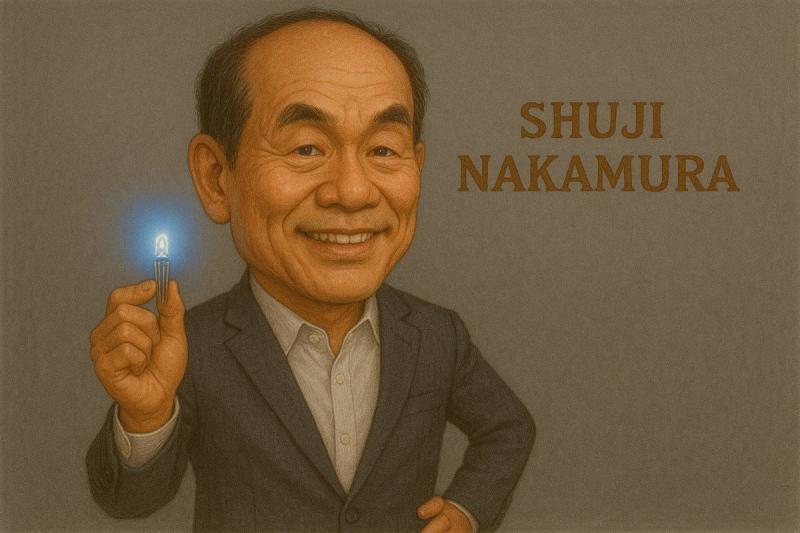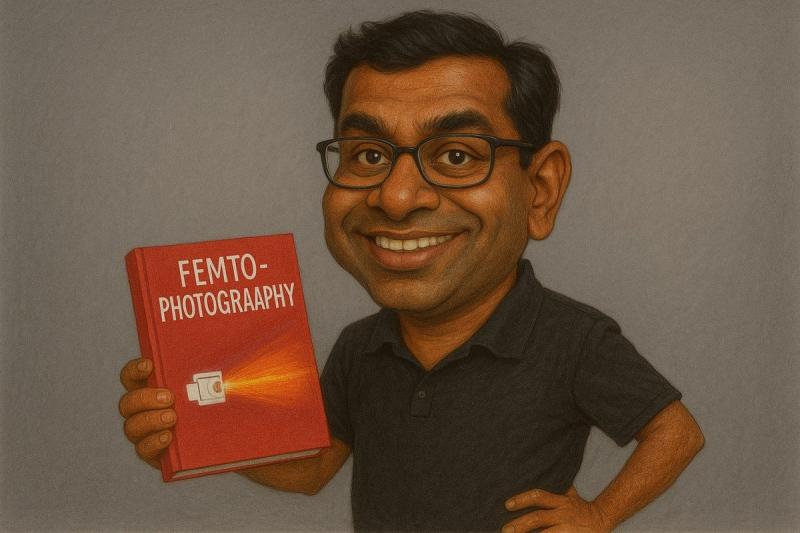Neil deGrasse Tyson: The Guy Who Made Black Holes Feel Cool
Let’s be honest for a sec—astrophysics sounds like a sleep aid in college course form. Right? Equations, vacuumy space stuff, and distant galaxies nobody's got time for. But then bam! along comes Neil deGrasse Tyson, and suddenly you're watching a 30-minute video on dark matter like it's a true crime documentary.
This guy? He's not your average lab coat-wearing, chalkboard-doodling scientist. He's a storyteller, a pop culture scientist, and yes, a bit of a space rockstar. And if you’ve ever caught even five minutes of StarTalk, you probably already know: he makes the cosmos feel like your backyard.
Let’s break it down.
The Man Behind the Mustache
Neil deGrasse Tyson isn’t just any astrophysicist. He’s the astrophysicist who somehow made being a science nerd look suave. Born in New York City in 1958, he discovered his love for the stars at the Hayden Planetarium. Not coincidentally, he now runs the joint. Full circle vibes.
I remember watching him speak on a panel once—half the audience was mesmerized, the other half probably reconsidered their life choices. He doesn’t just throw facts at you. He builds them up like a magician revealing a trick. But, you know, a trick with quantum mechanics and gravitational waves.
Quick creds:
-
Director of the Hayden Planetarium (since 1996—talk about job security).
-
Author of over a dozen books, including Astrophysics for People in a Hurry—a.k.a. the only science book my cousin actually finished.
-
Host of StarTalk, the science-meets-pop-culture podcast where celebs and researchers casually discuss the fate of the universe.
He’s the kind of guy who’d explain the Big Bang using donuts and make you believe it.
StarTalk: Where Science Meets Stand-Up
Let’s talk StarTalk. It’s not just a podcast. It’s like if NPR and late-night comedy had a science-loving baby.
Here’s why it works:
-
Celebrities show up (yes, even comedians and actors) and ask “dumb” questions so you don’t have to.
-
Neil answers with zero judgment and a lot of analogies involving pizza or superhero movies.
-
Topics range from quantum physics to alien life—often in the same episode.
I listened to one episode on Mars colonization while doing laundry, and suddenly I was questioning humanity’s entire space plan over a pile of mismatched socks. That’s the Tyson effect.
He’s witty, but not snobby.
He’s brainy, but not boring.
And that’s exactly why StarTalk hits the sweet spot for science newbies and experts alike.
Books, Quotes, and Binge-Worthy Moments
Okay, if you haven’t read Astrophysics for People in a Hurry, do yourself a favor and grab it (or pretend to read it and quote the best lines—no judgment here).
What makes his books worth the time?
-
They’re short. Neil respects your Netflix addiction.
-
They’re funny. Legit LOL moments in a book about quasars? Didn’t think it was possible either.
-
They’re quotable. Like this gem: “The universe is under no obligation to make sense to you.” Ouch. But also... true.
Other must-reads:
-
Death by Black Hole (the name alone sells it, right?)
-
Letters from an Astrophysicist (basically his fan mail, but the kind that makes you question your own existence)
The Public Science Guy (But Not That One)
Let’s clear something up. Neil’s not Bill Nye. (No shade to Bill—he’s great. Different vibes.)
Bill Nye wears bow ties and yells excitedly in front of colorful props. Tyson wears sleek suits and calmly explains how we’re all stardust with the voice of a bedtime audiobook.
Neil’s a frequent guest on talk shows, gives viral lectures, and is weirdly good at Twitter (sorry—X). He doesn’t dumb things down; he lifts you up to the topic’s level. You’ll feel smart just by listening. Even if you don’t get it, you’ll feel like you almost did, which is a win in my book :)
And then there's the whole Pluto thing. Remember that heartbreak? Yep, Tyson was that guy. He helped demote Pluto from planet status—and caught some serious flak for it.
Kids literally wrote him hate mail. His reply? A polite explanation wrapped in cosmic logic and probably a dad joke.
Why Neil deGrasse Tyson Matters (More Than Ever)
Look, we’re in an age of a lot of noise. Social media hot takes, misinformation about science, and enough conspiracy theories to make your head spin.
Tyson stands firm with facts.
He bridges the gap between scientific literacy and entertainment. He reminds us that curiosity isn't just for school—it’s for life. And he gives science a human face (and a really charismatic voice).
Here’s what he brings to the table:
-
Science with soul – His passion is contagious. Seriously, it's like catching the flu... but fun.
-
Clarity in chaos – Complex topics? He explains them like he's chatting over coffee.
-
Humor in hypotheses – His jokes hit better than most sitcoms. No laugh track needed.
In a world drowning in content, Tyson cuts through like a laser-guided telescope. You might not know your neutrinos from your nebulas, but he’ll guide you through the mess—no calculator required.
Final Thoughts: The Sky Isn’t the Limit—It’s Just the Beginning
So what’s the takeaway here?
Neil deGrasse Tyson isn’t just an astrophysicist. He’s a cosmic translator. A science hype man. The guy who made you care about supernovas while eating cereal on a Sunday morning.
His voice—equal parts professor, philosopher, and sassy uncle—continues to shape how we understand the universe (and our weird little spot in it).
So next time you look up at the stars, don’t just think “pretty.”
Think "What would Neil say about this?" Probably something poetic... followed by a mic drop fact about the age of starlight and a joke about your GPS.
And honestly? That’s the kind of science I can get behind. 🪐
Now go Google him. Or better yet—watch Cosmos. Just don’t blame me if you end up questioning reality at 2 AM.



